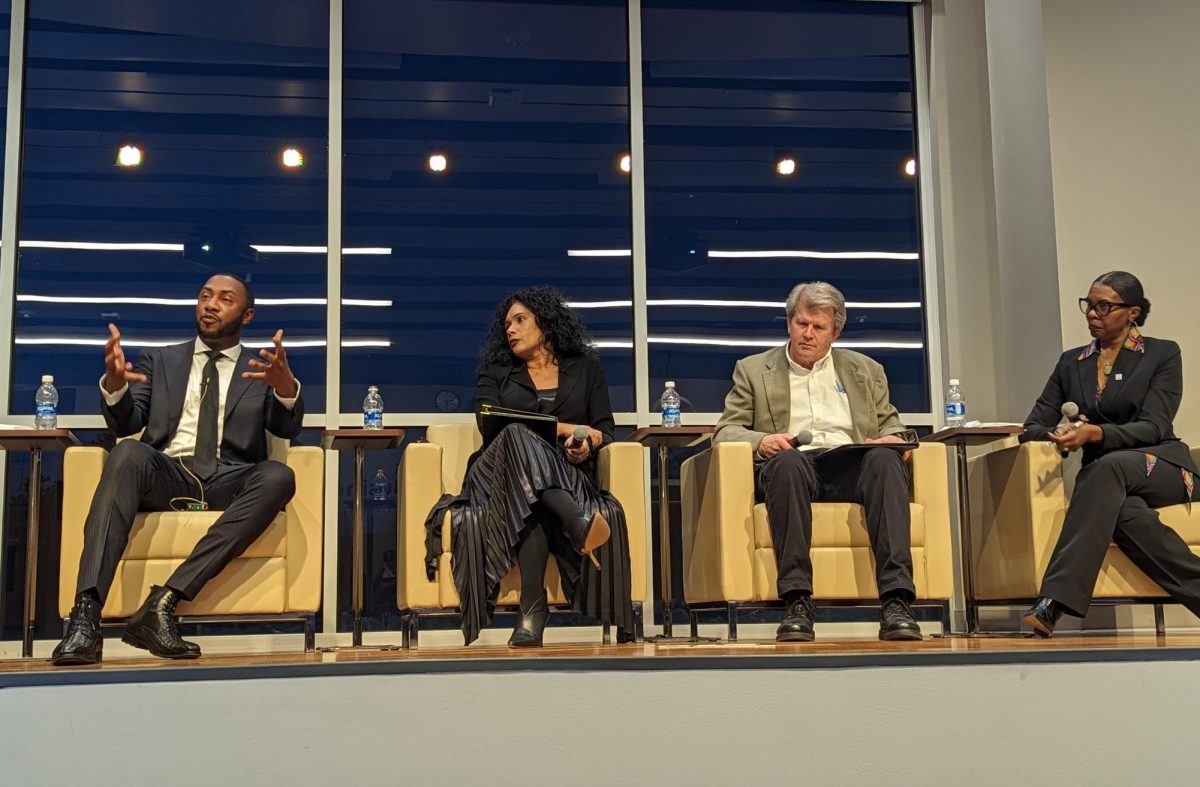
The history of banned books is nearly as old as the history of written language, said Alison Conner, a rare books curator in Special Collections at the Marriott Library..
Many books that were once banned are now considered masterpieces.
“Books are banned for all kind of different reasons; mostly because they have ideas that challenge people,” Conner said. “Harry Potter is one of the most recent banned books. A lot of libraries across the country have banned Harry Potter for its witchcraft.”
Other books are banned because they challenge established normative beliefs, Conner said. One of the U’s most impressive examples of a banned book is a first edition manuscript written by Galileo Galilei. Galileo’s scientific masterpiece, Dialogue Concerning the Two Chief World Systems, challenged the 17th century Catholic church by proving the sun, not the Earth, was the center of the solar system.
Galileo was placed on house arrest for his discovery, and the “book went on a do-not read, and if you have it, burn it list, ” Conner said. “We have a copy of the book that survived.”
The U’s Special Collection has a large archive of rare books. The collection holds more than 80,000 pieces. Many of the books in the Rare Books Collection were once banned. The oldest manuscript in the collection is a 5,000-year-old clay tablet that is approximately one square inch and believed to be a tax receipt.
Rare Books also houses a book originally published in 1547 that has been censored on three separate occasions. Ironically, said Conner, the black ink placed over the censored text has faded, and the print now shows through. Conner says it now looks like they highlighted the information they had desired to oppress.
Whether a book is accurate or informative is not the deciding factor for whether or not a book is allowed to remain on the shelf. There is an ongoing debate about who has the authority to ban a book, but often banning occurs on a small local level. Librarians removing books from their collections is an example of such local banning.
“Sometime it’s the school librarian that will take the book off the shelf, and even though that is not an official type of banning, it’s a kind of micro banning.”
An example of this, said Conner, is a children’s story involving two male penguins that adopted an orphaned chick.
The topic of this children’s story might be considered taboo, but this does not mean the information is misleading. A German zoo made headlines in 2009 when they reported that homosexual penguins within their enclosure had adopted a chick and the new family was very happy.
“Since the chick arrived, they have been behaving just as you would expect a heterosexual couple to do. The two happy fathers spend their days attentively protecting, caring for and feeding their adopted offspring,” the zoo said in a statement released to the BBC.
Michelle Garcia, a junior in English, said banning books is a pointless endeavor. “If you look at history, you should really learn from it and not ban books based on whatever is the most popular ideology right now.”
Some famous books that have been banned over the years are Flowers for Algernon, The Adventures of Huckleberry Finn, Brave New World and Of Mice and Men.















